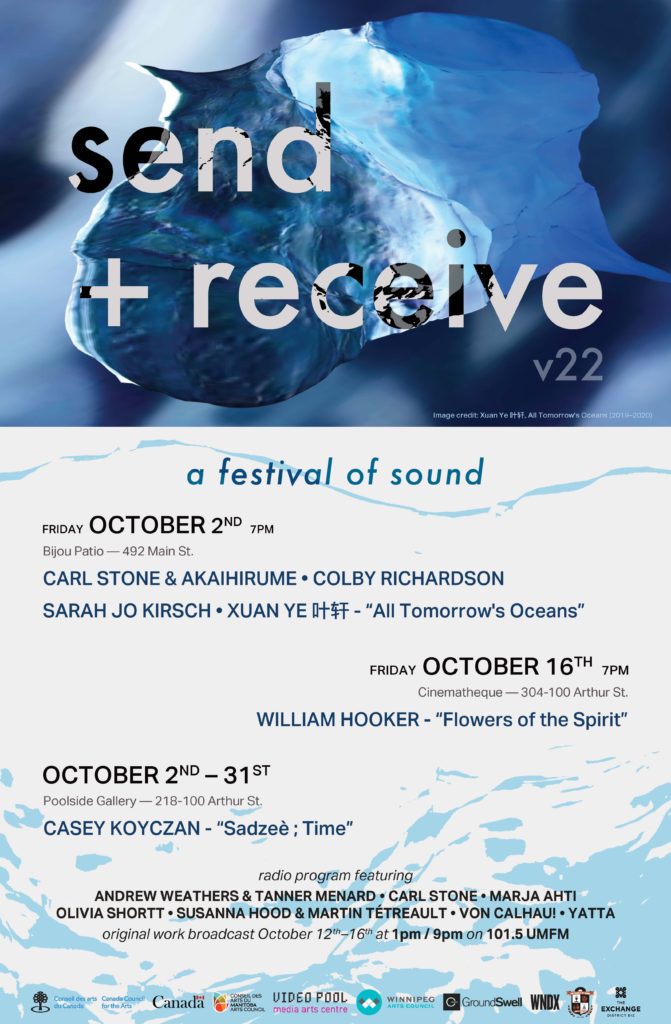
These are strange and humbling circumstances under which to produce an international festival. As I write this, most of humanity is still living under some kind of movement restriction. And as COVID-19 has shuttered entire cities, forcing us to draft new ways of being together, people around the world are rising up against institutional white supremacy and state violence. The streets have been empty, and full beyond brimming. Our spirits have been dashed and lifted.
What can art contribute to our awareness of this moment? As public performance remains inhibited, it’s clear that more than just the noise of commerce has disappeared from this elongating year. What art incarnates in the everyday is something more than normal, an ulterior reality in which freedom is already possible. Conversely, there is an art to protest, and to the patience and solicitude that people have been practising between themselves, however distantly. I know for my part that I want to bring the care I’ve learned this year to every venue of life when the world—I hope improved—resumes its course.
For our 22nd year, we conceived of sound as poetry—as voice and rhythm, field and letter—words by which to designate its intrinsic sociality. We had no idea in the spring what would transpire to make this edition so poignant; and while we’re unable to realize a performance-based program, it feels thematically appropriate to expand this year’s activities to include a variety of original radio broadcasts and livestreams; an immersive gallery presentation; an outdoor concert; and downsized screenings of exclusive studio sessions. In each of these settings, sound does something that our individual bodies cannot, spanning physically disparate positions.
It remains our wish to share the same room as these artists, and we’re confident that we’ll have the chance one day. In the meantime, without compromise, we’re honoured to present their work to you by all the means we have at our disposal, and with our community’s health foremost in mind.
Cam Scott
